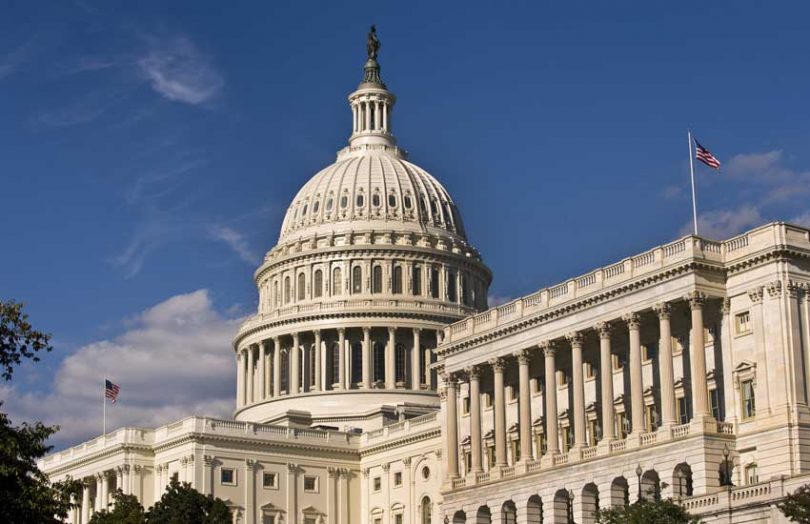On 29 September 2020, the Digital Taxonomy Act and Blockchain Innovation Act bills passed the U.S. House of Representatives. The two bipartisan bills were introduced by Congressman Darren Soto of Florida and will be incorporated into the Consumer Safety Technology Act, if passed by the Senate. Soto was also a co-sponsor of the COMPETE Act that passed yesterday, a bill on emerging technology.
The Blockchain Innovation Act requires the Secretary of Commerce, in consultation with the Federal Trade Commission (FTC), to study blockchain technology and its use in consumer protection. The study would explore how blockchain can be used commercially, including the benefits and risks for consumer protection and its ability to reduce fraud, amongst others. Congress will also need to receive a report on this study. The bill’s ultimate goal is to form a ‘Blockchain Center of Excellence’ within the Department of Commerce.
The Digital Taxonomy Act will authorize the FTC to prevent deceptive and unfair practices relating to digital tokens. Congress will need to receive a report on the FTC’s actions. Notably, the report must include recommendations for legislation that would help protect consumers from deceptive practices in the sector and promote the United States’ global competitiveness. The FTC will receive $25 million for each fiscal year between 2020 and 2024 for this purpose.
Soto believes blockchain can benefit U.S. innovation and economic growth, but the technology needs the government’s support to realize its true potential. The relatively low key U.S. response to blockchain is in marked contrast to a major push by China’s government, which has filtered down to regional levels.
Commenting about the Blockchain Innovation Act, Soto says the study mandated by the bill will give government agencies recommendations before they decide on regulation. He continues, ‘These recommendations will perform an education function to Members of Congress and will pave the way for a more actionable blockchain-focused legislation.’
Regarding the Digital Taxonomy Act, Soto stressed the importance of the U.S. continuing to lead in the blockchain economy. The Act will support increased jurisdictional clarity for the digital asset market. He continues: ‘Hearing the opinion of regulators is an important first step to encouraging regulatory clarity with the aims of promoting innovation and maximizing the potential of virtual currencies for the U.S. economy.’
In the meantime, Europe has published its draft legislation on Markets in Crypto-Assets (MiCA). It formed part of a Digital Finance Strategy, which has already had some pushback from an industry body.







